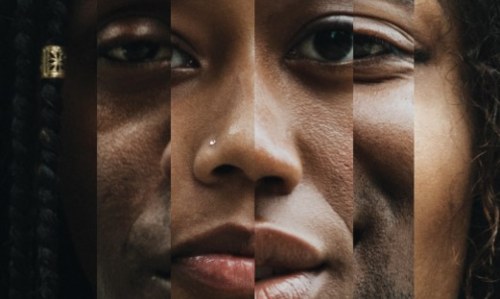Racism, belonging and COVID's legacy of ethnic inequalities in Scotland
A report of the Evidence for Equality National Survey (EVENS)
Published: 10 December 2024
Authors: Nissa Finney, Nigel de Noronha and BEMIS.

Drawing on data from EVENS the report documents ethnic inequalities and experiences of ethnic minorities in Scotland in terms of Covid-19 bereavement, racism, ethnic and national belonging and political trust.
Key findings
- The Covid-19 pandemic has exacerbated ethnic inequalities in Scotland.
- For some ethnic groups (e.g. Indian, Pakistani, Other) a half to a third experienced recent bereavement, including as a result of Covid, which is likely to have long-lasting effects in multiple areas of life.
- In Scotland, 1 in 4 ethnic minorities experienced recent racist insult.
- 1 in 6 ethnic minorities in Scotland experienced recent unfair racist treatment in their job or education, and 1 in ten experienced recent unfair treatment in housing or from the police.
- Ten percent of ethnic minorities in Scotland have suffered recent racist physical attack.
- Black and Chinese ethnic groups in Scotland have particularly high levels of reporting racist insult and unfair racist treatment from police.
- Generally, levels of reported racism experience are comparable across ethnic groups in Scotland and England and Wales. There is some evidence that Chinese, Black Caribbean and Black Other groups experience higher levels of racism in Scotland compared with England and Wales.
- More than one third of ethnic minorities in Scotland worry about racist harassment.
- The majority of people identifying as Black, Pakistani, Indian and Jewish in Scotland worry about racist harassment.
- Levels of worry about racism are higher in Scotland that in England and Wales for many ethnic groups.
- Only 1 in 5 ethnic minority people in Scotland who experience racism try to do something about it; 40 percent accept racism as a fact of life.
- 60 percent of people in Scotland consider their ethnic background to be important to their sense of who they are. Importance of ethnic background is particularly strong for Chinese, Asian, Black, White Irish and Jewish groups.
- Lower proportions of Jewish people in Scotland compared to in England and Wales report religion as important to their sense of who they are. Higher proportions of White Irish people in Scotland compared to in England and Wales report religion as important to their sense of who they are.
- For White British/Scottish and White Irish people in Scotland considerably higher proportions feel they belong to Scottish society compared to belonging to British society.
- Over 75 percent of most (non White) ethnic minority groups in Scotland feel part of both British and Scottish society.
- For people living in Scotland, consistently across ethnic groups, levels of trust for Scottish parliament are high and considerably higher than levels of trust for UK parliament.
